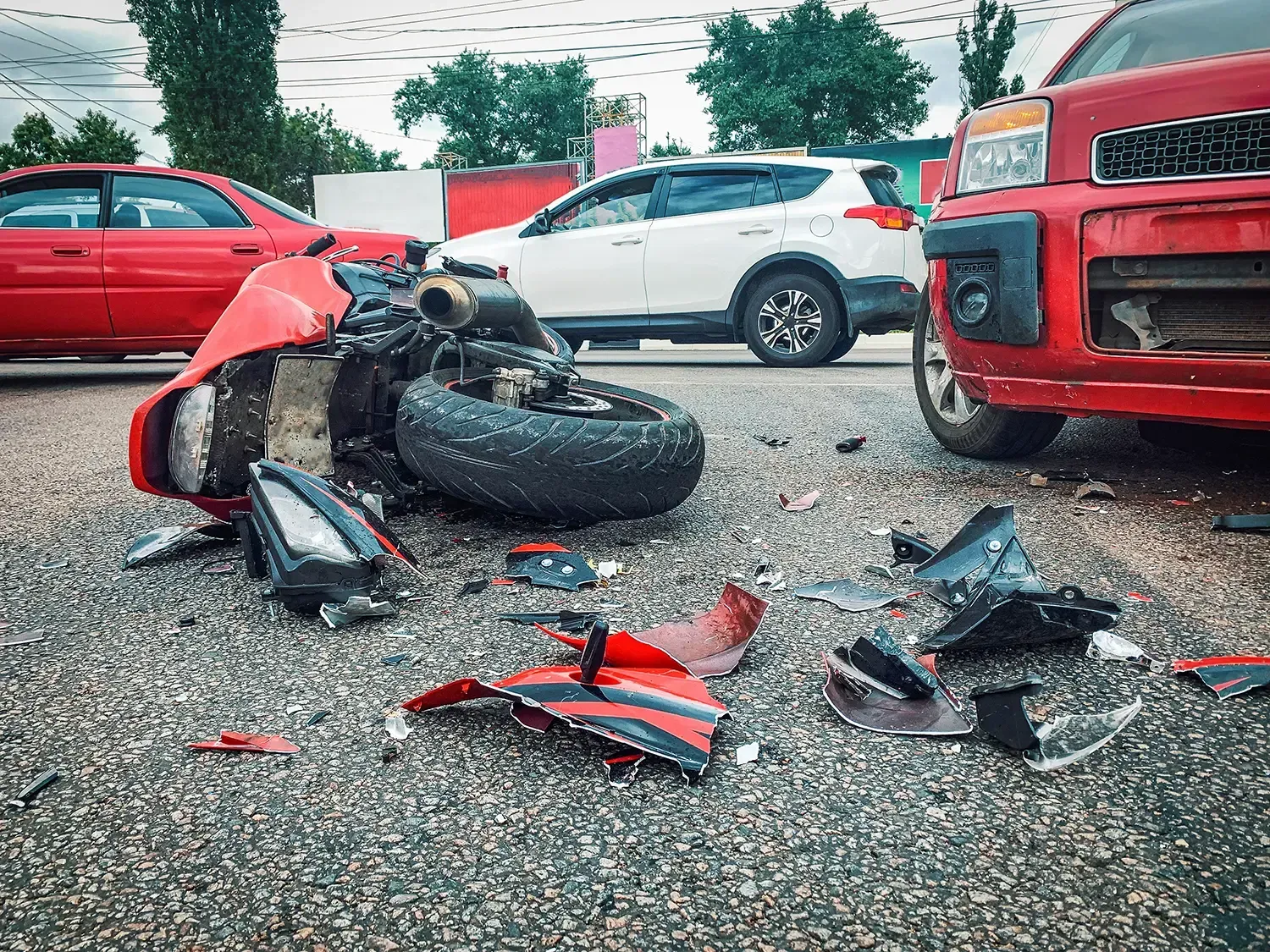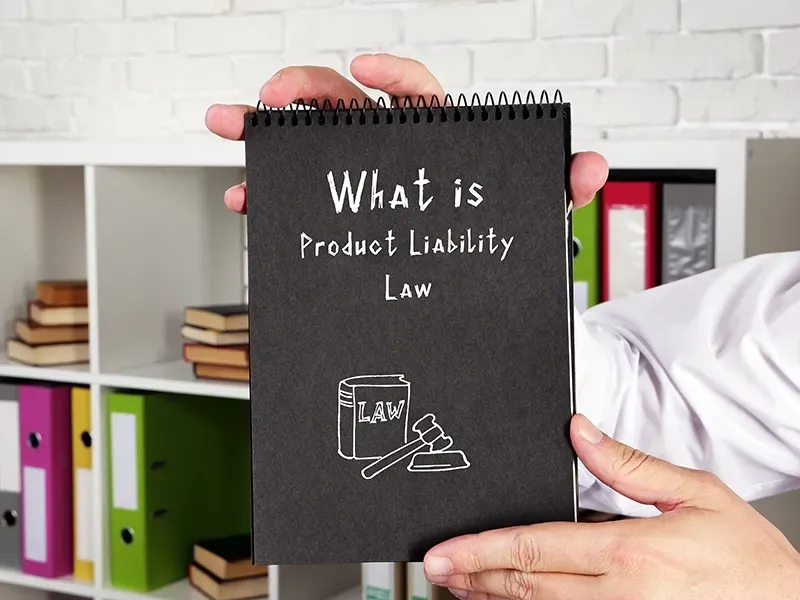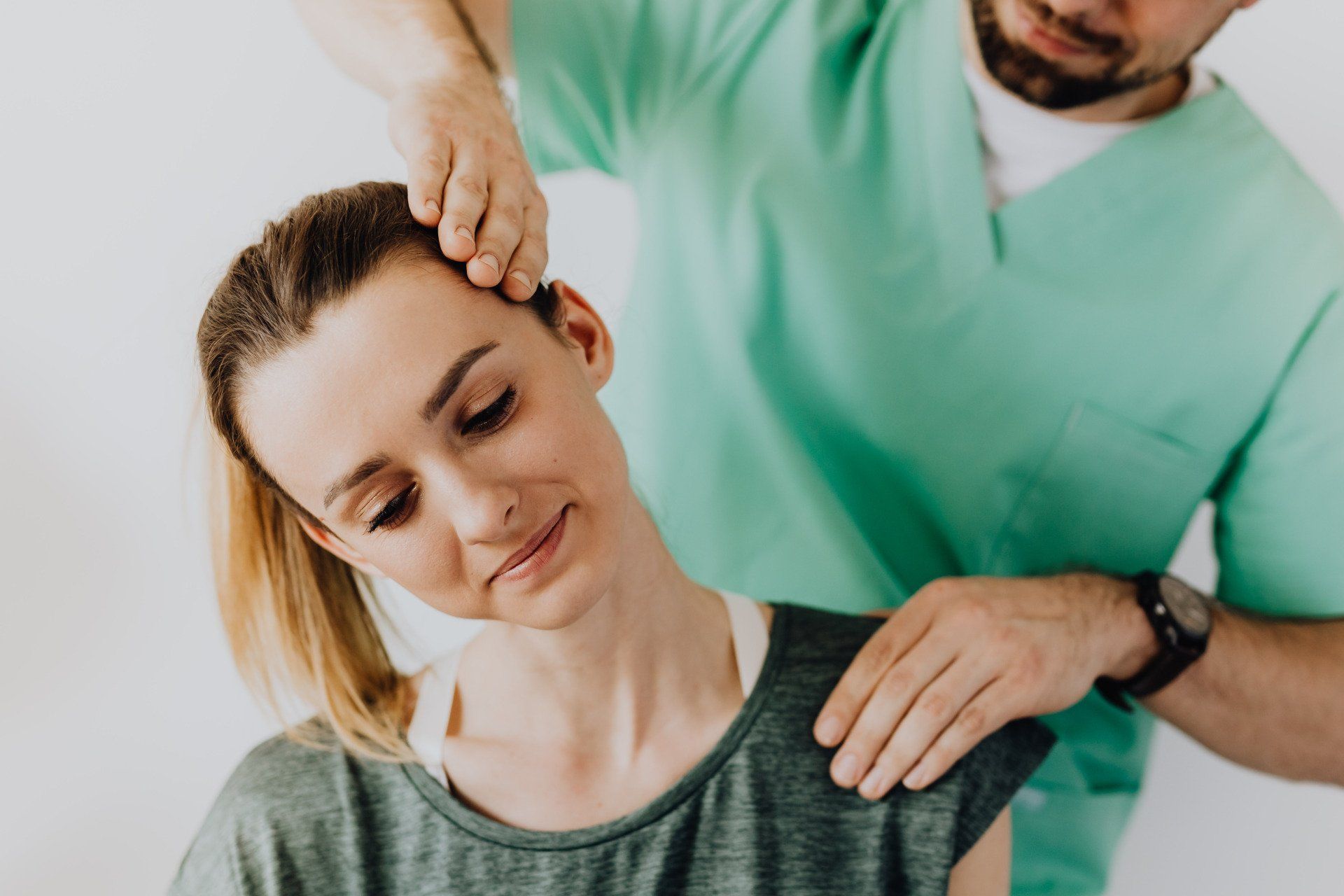The Hidden Dangers of Social Media in Personal Injury Cases

Table of Contents
- Introduction
- How Your Online Activity Can Work Against You
- Is Your ‘Private’ Social Media Really Private?
- Common Social Media Mistakes That Can Hurt Your Case
- How Insurance Companies Use Social Media to Their Advantage
- Smart Social Media Habits to Protect Your Case
- Should You Take a Social Media Break?
- Final Thoughts
Introduction
Social media is a big part of our everyday lives. We share updates, photos, thoughts and ideas without much second-guessing. But when you’re dealing with a
personal injury claim, your online presence can become a problem. It can cast doubt about your injuries, break your credibility, and possibly affect your ability to recover the compensation you deserve. The reality is that what seems like an innocent post can be twisted to work against you and even the smallest communication online can be used as evidence to hurt your case. That’s why it’s very important to understand how your social media activity can impact the outcome of your claim, often in ways you wouldn’t expect.
How Your Online Activity Can Work Against You
Insurance companies and defense lawyers know that social media is a valuable source of information. They will search for anything that could contradict your claims, whether it’s a check-in at a restaurant, a smiling photo at a family gathering, or a simple comment on a post saying you’re “doing fine.” Even if you’re in pain, one optimistic post or picture can be used to suggest the opposite. It’s crucial to remember that these posts, no matter how innocent they may seem, can be twisted to hurt your case. Be cautious about connecting with new people, as they could be hired by insurance companies to interact with and monitor your activity. Every update matter, and even the smallest detail can have a big impact on your case.
Is Your ‘Private’ Social Media Really Private?
Many people assume that
adjusting privacy settings will fully protect their online activity, but that’s not always the case. Even if your account is set to private, social media content is still accessed and considered part of the public record by law. This means that anything you post online, even if it's visible to just your friends, can be accessed and potentially used against you in a personal injury claim by an insurance company or the defense lawyers. Additionally, friends could unintentionally make your posts visible to a wider audience by tagging you in their posts. The safest option is to assume that
anything you post on social media could end up in the hands of the insurance company.
Avoid Social Media Mistakes That Can Hurt Your Case
After an accident, it’s natural to want to update loved ones on your condition. However, sharing too much of this information on social media can damage your case.
Here are some common mistakes to avoid:
- Talking about the accident: Avoid discussing details about what happened, who was at fault, or the extent of your injuries.
- Uploading pictures or videos: Even a simple photo of you engaging in normal activities or smiling with friends can be used to argue that you’re not suffering as much as you claim.
- Posting about your recovery: Saying things like, you’re “feeling better” or “getting back to normal” can be taken out of context and used against you.
- Engaging in online debates: Responding to comments about your case, even to correct misinformation, can create problems.
How Insurance Companies Use Social Media to Their Advantage
Insurance adjusters and defense attorneys monitor social media activity for inconsistencies, and they look for:
- Posts or photos that suggest you’re more active than your claim states.
- Comments that downplay your injuries or express frustration about the legal process.
- Check-ins or location tags that contradict your limitations.
- Interactions with others could provide more insight into your daily life.
Smart Social Media Habits to Protect Your Case
To keep your claim safe, and ensure you are protecting yourself, follow these simple guidelines:
Do:
- Adjust your privacy settings, but don’t rely on them completely.
- Reduce your social media activity while your case is ongoing.
- Think carefully before posting, if it could be misinterpreted, don’t share it.
- Consult your attorney if you’re unsure about a post.
Don’t:
- Talk about your accident, injuries, or any specifics of legal proceedings online.
- Share photos or videos that could be used to question your condition or credibility.
- Accept friend requests from strangers-they could be investigators.
- Delete or edit past posts, as this could be seen as tampering with evidence.
Should You Take a Social Media Break?
Taking a step back from social media during your case may be the smartest decision. A break helps you:
- Focus on healing without worrying about online comments.
- Reduce stress by stepping away from potential negativity.
- Avoid posting something that could potentially hurt your claim.
Final Thoughts
Your social media presence can have a bigger impact on your personal injury case than you think. By being cautious of what you share, or avoiding social media altogether, you can focus on healing, protect your claim and ensure the best possible outcome for your claim. Having an experienced attorney, like DB Hill Law by your side, is crucial in guiding you through the legal process. We can help you navigate the complexities of social media and ensure you avoid any mistakes that could hurt your case or reduce compensation.
If you’re facing a personal injury case,
DBHill Law
is here to help. Contact us today to discuss your case and get the guidance you need.
https://www.jdsupra.com/legalnews/how-social-media-can-affect-your-5941904/
https://digitalprivacy.ieee.org/publications/topics/privacy-risks-and-social-media
Share







